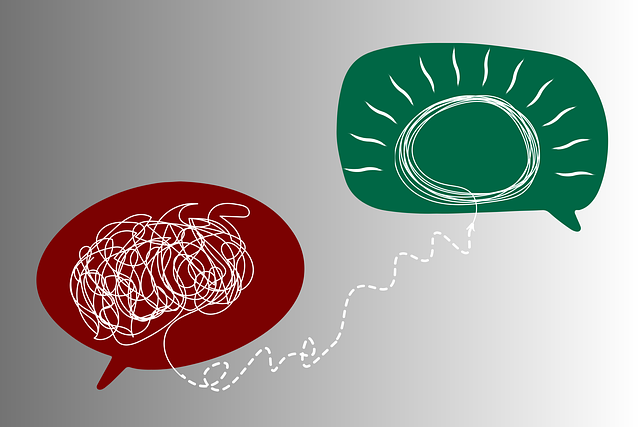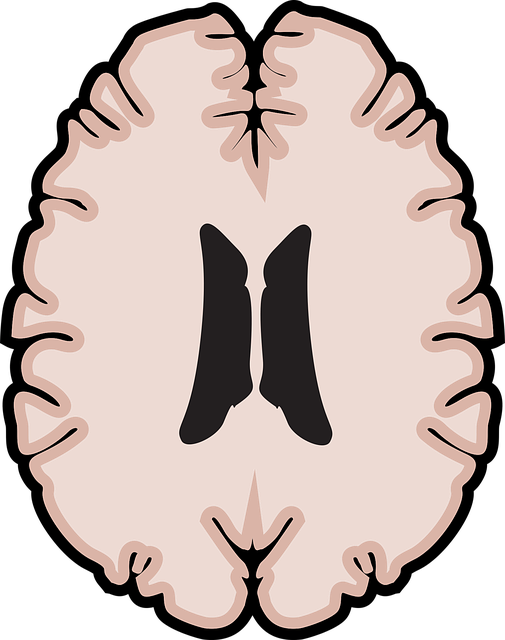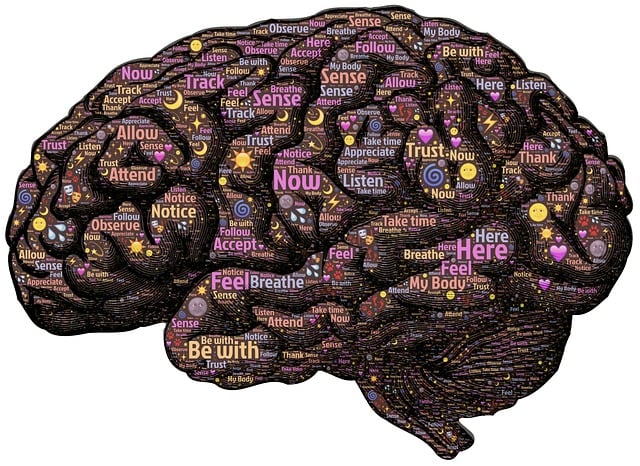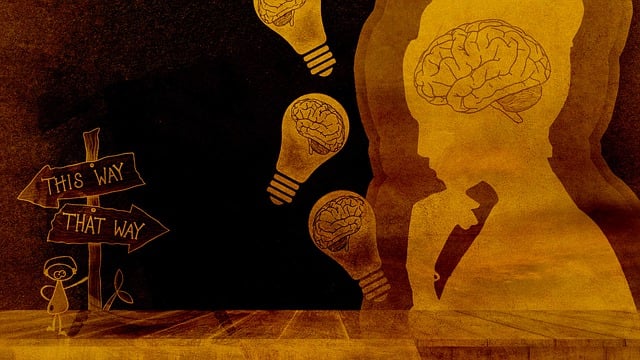Providing culturally sensitive mental healthcare for young French-speaking children is essential to address unique challenges related to language barriers and cultural differences in expressing emotions. Therapists create safe, inclusive environments by recognizing and respecting cultural beliefs, values, and practices, using strategies like visual aids, play therapy, and the child's native language. Tailoring therapeutic approaches to incorporate family involvement, leverage mind over matter principles, and adapt self-care practices improves outcomes by fostering partnership, encouraging open dialogue, and promoting healthier routines within families. Community outreach programs enhancing cultural understanding further support access to quality mental healthcare for this demographic.
In the realm of mental healthcare, cultural sensitivity is paramount, especially when serving diverse communities like French-speaking young children and their families. This article explores the nuances of cultural sensitivity in mental healthcare practice, focusing on overcoming barriers in therapy for young children who speak French. It delves into strategies for culturally competent approaches and highlights the substantial benefits of culturally sensitive mental health services tailored to this demographic, fostering better outcomes and stronger connections.
- Understanding Cultural Sensitivity in Mental Healthcare
- Challenges and Barriers in French-Speaking Young Children's Therapy
- Strategies for Culturally Competent Practice with French-Speaking Families
- Benefits of Culturally Sensitive Mental Health Services for Young Children
Understanding Cultural Sensitivity in Mental Healthcare

Cultural sensitivity is a cornerstone in mental healthcare practice, especially when serving diverse communities such as French-speaking young children. It involves recognizing and respecting the unique cultural beliefs, values, and practices that shape an individual’s relationship with their mental health. In the context of therapy for young children from French-speaking backgrounds, this means creating a safe and inclusive environment where their cultural identity is embraced.
By integrating community outreach programs and tailoring therapeutic approaches to incorporate coping skills development based on cultural norms, mental healthcare providers can effectively support these children. For instance, understanding the importance of family dynamics in French culture can lead to incorporating parental involvement in therapy sessions. Additionally, leveraging mind over matter principles that resonate with their cultural experiences can enhance the therapeutic process, fostering a deeper connection and improving treatment outcomes.
Challenges and Barriers in French-Speaking Young Children's Therapy

Providing therapy for young French-speaking children presents unique challenges that require a nuanced approach. Language barriers can hinder effective communication, making it difficult for therapists to understand the child’s experiences and express complex emotional concepts. This challenge is further compounded by cultural differences in expressing emotions and seeking help, which may impact the child’s willingness to open up and engage in therapy.
The process of establishing trust and building a safe space for these children can be slower due to these barriers. Therapists need to employ creative strategies, such as using visual aids, play therapy, or incorporating the child’s native language, to facilitate communication. Moreover, cultural sensitivity training is essential to understand the specific emotional and behavioral needs of French-speaking young children, enabling therapists to deliver tailored interventions that boost confidence, support mood management, and promote emotional well-being through effective therapy sessions.
Strategies for Culturally Competent Practice with French-Speaking Families

When providing therapy for young children from French-speaking families, cultural sensitivity is paramount. Professionals should begin by ensuring a comfortable and inclusive environment, using interpreters or multilingual resources to facilitate clear communication. It’s crucial to understand family dynamics and values, recognizing that collective decision-making and community support are often integral to these families’ coping mechanisms.
Adapting self-care practices and anxiety relief techniques specific to French cultural contexts can significantly enhance therapy. Incorporating family-centric activities and involving parents in the development of coping skills for their children, promotes a sense of partnership. This collaborative approach not only respects cultural norms but also empowers families to actively participate in their child’s mental healthcare journey, fostering a deeper connection and improved outcomes.
Benefits of Culturally Sensitive Mental Health Services for Young Children

Culturally sensitive mental healthcare services play a pivotal role in fostering positive outcomes for young French-speaking children. By incorporating understanding and appreciation of diverse cultural backgrounds, therapists can create safe and inclusive environments that meet the unique needs of each child. This approach is particularly beneficial as it addresses the potential challenges these children may face due to language barriers, cultural differences, or a lack of access to services tailored to their specific needs.
In providing therapy for young French-speaking children, culturally sensitive practices promote effective communication and build trust. It encourages families to openly discuss mental health concerns, facilitates better self-care routine development, and enhances the overall well-being of the community. Additionally, implementing community outreach programs can further support these efforts by offering educational resources and self-care practices tailored to diverse cultural contexts, ultimately improving access to quality mental healthcare services.
Cultural sensitivity in mental healthcare is paramount, especially when serving French-speaking young children. By understanding cultural nuances and overcoming barriers, therapists can create a safe and inclusive environment. Implementing culturally competent strategies tailored to French-speaking families enhances therapy outcomes and access to quality care. This approach not only benefits individual children but also promotes equity within the mental health system, ensuring that all young people receive sensitive and effective therapy, regardless of their linguistic background.














